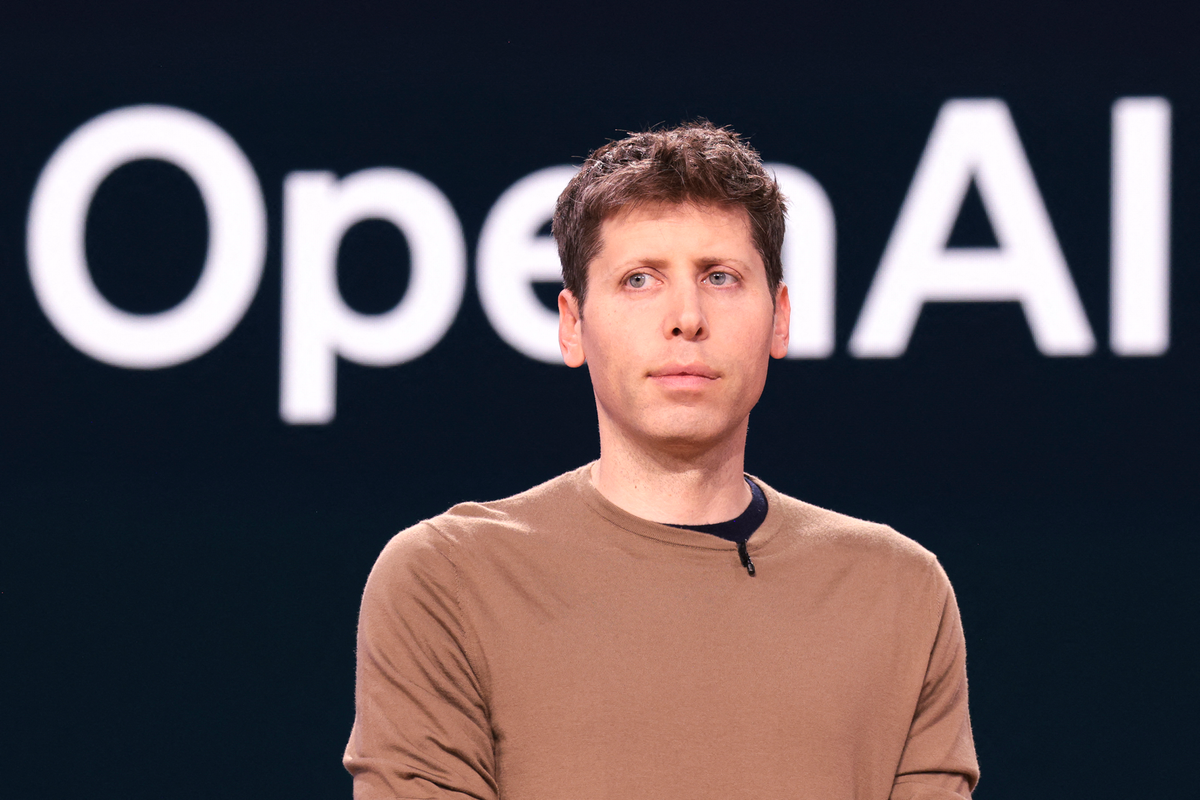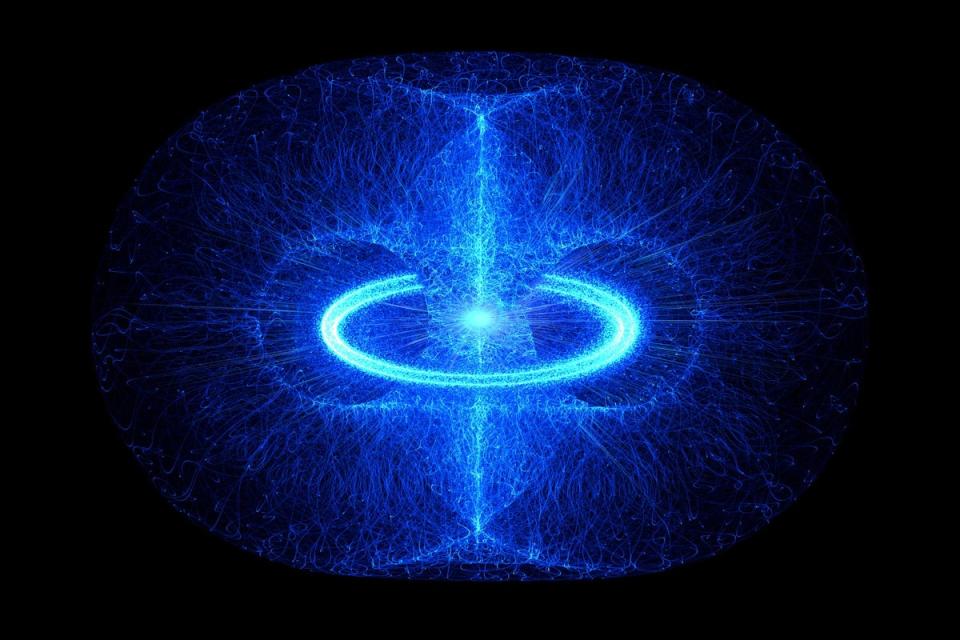OpenAI seeks ‘vast quantities’ of nuclear fusion energy to power superhuman AI

ChatGPT creator OpenAI is reportedly seeking a deal with a next-generation energy firm to buy “vast quantities” of nuclear fusion to create superhuman artificial intelligence.
US-based Helion Energy could provide OpenAI with potentially limitless power to develop its AI as part of the agreement, which was first reported by The Wall Street Journal., though the technology does not actually exist yet.
Nuclear fusion has been heralded as the “holy grail of clean energy” for its ability to produce energy without requiring any fossil fuels, or leaving behind hazardous waste.
In order to achieve it, scientists are attempting to mimic the same natural reactions that occur within the Sun, however despite several major breakthroughs in recent years it is proving immensely difficult to achieve at scale.
As the capabilities of AI continue to improve, so too do its energy requirements. The only way to achieve an artificial general intelligence (AGI) that is capable of surpassing human intelligence is through nuclear fusion, according to OpenAI boss Sam Altman.
The tech billionaire has personally invested $375 million in Helion Energy, while OpenAI’s partner Microsoft became the first company in the world to secure a purchase agreement for nuclear fusion energy from the firm.

In January, Mr Altman said that a nuclear fusion breakthrough would be needed to meet the vast energy needs of future AI.
“There’s no way to get there without a breakthrough,” Mr Altman said at the World Economic Forum in January. “It motivates us to go invest more in fusion.”
Helion Energy has a target of producing electricity from nuclear fusion energy at a commercial scale by 2028, though some industry experts this timeline is overly optimistic.
The company has so far raised more than $600 million in funding, while almost $2 billion of extra capital has been promised if the firm meets its ambitious deadlines.
A prototype device called Polaris is expected to begin operating later this year. An agreement is also in place with industrial manufacturer Nucor to build a nuclear fusion reactor.
If successful, Helion Energy will beat similarly ambitious projects in Europe, China and Japan to realise nuclear fusion at a commercial scale.
Helion Energy said that it did not have any new customer announcements to make when approached for comment.


